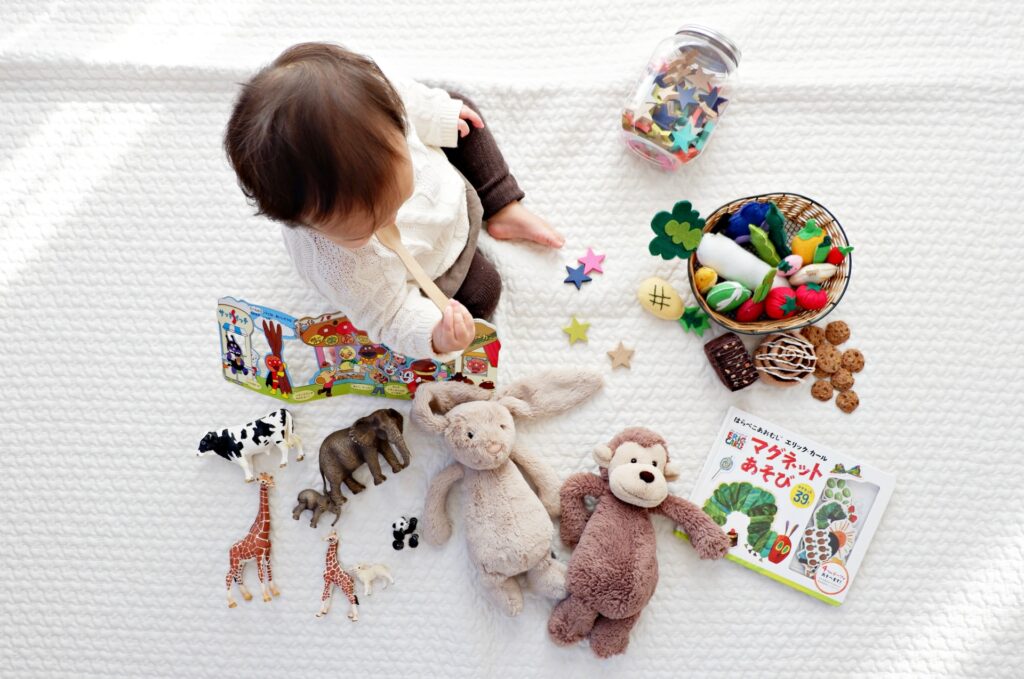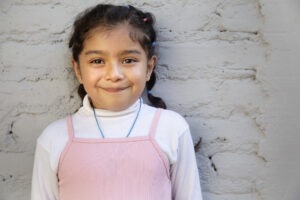What is developmental delay?
Developmental delay in children or infants refers to an inability to reach skills (gross motor, language, cognitive) that are expected according to a set age. Developmental delay can occur in just one area of development, say physical development delay, or it can happen across different areas of development and skills.
In some cases, children are diagnosed with global developmental delays. Global developmental delay means a delay in at least two different areas of development. This could be speech delay and walking delay – delay in language development, and delay in gross motor development.
The different types
Developmental delay may affect just one area of an infant’s development or several.
These areas of development include:
- Language – including speech acquisition, and comprehension skills (includes verbal and non-verbal language and communication skills)
- Physical – gross and fine motor skills (including significant skills such as crawling, walking
- Social – including emotional ability (responding age-appropriately to others, acquiring social skills to communicate and play with others)
- Cognitive – thinking and intellectual skills and development
What are the signs of developmental delay in babies?
All babies develop at slightly different rates and speeds. Developmental milestones exist to provide a guide to infants and their development, but for many of these milestones, the age at which a baby is expected to reach them is a guide and a range. Some degree of delay or slower development falls under the umbrella of normative infant and baby development.
However, if a baby is showing signs of developmental delay in several areas of their development and developmental delay over the first year, for example: delay with learning to roll over, crawl, and walk; or delay with learning to roll over, and swallowing difficulty – this may be evidence of serious developmental delay that needs to be diagnosed, and the cause of it identified.
Some key signs of developmental delay in babies (birth-2 years old) include:
- Swallowing and feeding difficulties are among the first skills babies master, and they are especially essential. Any delay in mastering this should be addressed urgently.
- Poor head and control, as well as general muscle floppiness or stiffness – a baby who has not mastered head control by the age of 6 months, would display severe developmental delay that would need the input of a medical professional. Additionally, any baby displaying a limp, awkward, or floppy appearance would also be assessed for developmental delay.
- Delayed physical and gross motor development – some of babies’ most watched-for physical skills include their ability to roll over, sit independently and without support, and walk. Crawling is a tricky skill to monitor for developmental delay because it is widely accepted that not all babies will learn to crawl, and this is not indicative of a delay. There are age ranges at which an infant is expected to reach all of these skills – for example, most infants are expected to be walking at any point between 9-15 months, and only if an infant is older than this, or close in age to 18 months and not walking, would a delay be investigated and potentially diagnosed.
- Delayed speech and language development – by the age of two most infants should be able to understand and use a certain amount of words. Infant’s speech and language skills develop across a wide range of expectations – and slower speech development may not necessarily constitute a delay, if a child is from a bilingual home, for example. However, any concerns about speech and language development by the age of two years old, should be raised with a medical professional.
Risk factors
Some babies are at greater risk for developmental delay according to the following factors:
- Premature birth
- A genetic syndrome or rare disease
- Vision or hearing issues
- Malnutrition
- Substance abuse (alcohol, drugs) during pregnancy
- Physical abuse or neglect (including a lack of appropriate stimulation necessary to develop specific skills)
- A shortage of oxygen during delivery and birth
Developmental delay and rare disease
In some instances, developmental delay may be caused by a genetic syndrome or rare disease. Examples of these include Down syndrome, Fetal Alcohol Syndrome, and Angelman syndrome.
Autism may also cause developmental delay, especially in a child’s social, and language development. But autism itself may also be the symptom of a rare or genetic disease.
Sometimes the diagnosis of a severe developmental, or several developmental delays across several areas of a baby’s development, may lead to a referral to a genetic counselor for further investigation, and to rule out or perhaps confirm a genetic cause. Especially if this developmental delay is accompanied by specific facial features, or other health and medical conditions that may indicate a rare disease.
A genetic counselor will help parents to understand their baby’s developmental delay within the context of a rare disease, and understand better if genetic screening and testing may be necessary.



